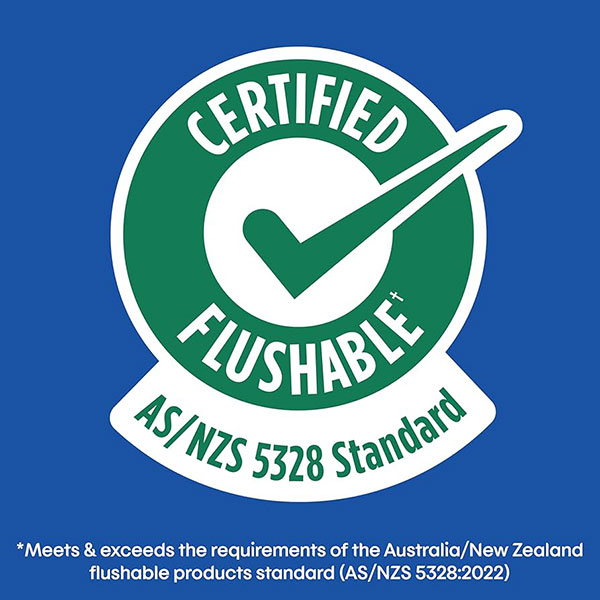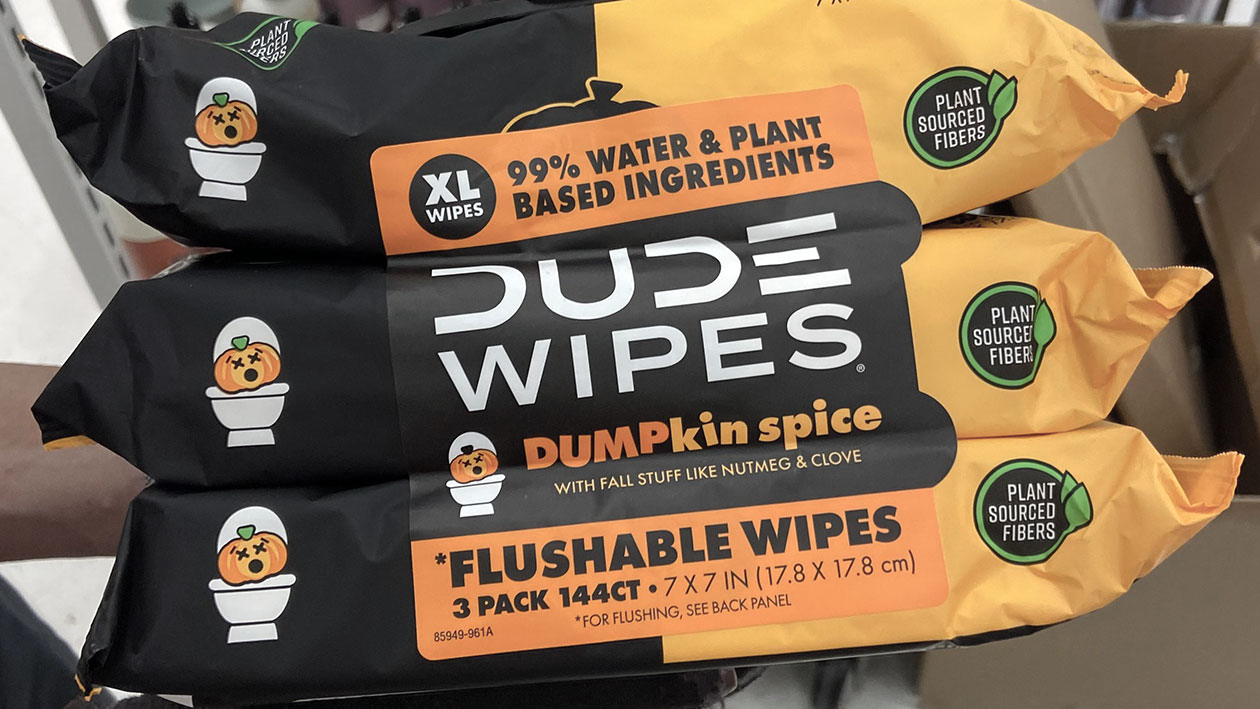No, most wipes shouldn’t be flushed down the toilet. While some wipes are marketed as “flushable,” the vast majority cause plumbing problems and environmental damage. This includes baby wipes, makeup remover wipes, cleaning wipes, and even some specifically designated “flushable” wipes. Sticking to toilet paper remains the safest and most environmentally responsible practice. This post delves into the reasons why.
The Widespread Impact of Flushing Wipes: From Household Pipes to Ocean Pollution
Flushing wipes create a cascade of negative consequences. These consequences affect individual households, municipal infrastructure, and the environment. Let’s examine the issues in detail:
Blockages
Unlike toilet paper, which rapidly disintegrates (typically within 20 seconds), wipes maintain their structural integrity in water. This means they don’t break down. Instead, they accumulate. They snag on pipe irregularities. They combine with other debris. This forms clogs in household plumbing, sewer lines, and wastewater treatment plants. These toilet blockages disrupt the flow of wastewater. They can cause backups and overflows, leading to unsanitary and costly situations.
Costly Repairs
The financial burden of wipe-related blockages is substantial. Homeowners often face expensive plumbing repairs. Water utilities across Australia spend hundreds of thousands of dollars annually to clear wipe-induced blockages from sewer mains and wastewater treatment facilities. This financial burden ultimately falls on ratepayers. In 2024, Adelaide experienced over 1,600 sewer blockages attributed to wipes, setting a new record and highlighting the escalating cost of this issue.
Environmental Damage
Wipe-related blockages contribute significantly to environmental pollution. Overflowing sewers release untreated wastewater into the environment. This contaminated water pollutes waterways, harming aquatic life and ecosystems. Wipes also contribute to the formation of “fatbergs,” large masses of congealed fat, oil, and non-degradable materials like wipes, that block sewer systems and require significant resources to remove. The environmental impact of flushing wipes is far-reaching and demands attention.
Navigating the “Flushable” Label Confusion: Australian Standards and Recommendations
Australia has taken steps to address the “flushable” wipes issue. These steps include new standards and public awareness campaigns.
New Flushable Products Standard (AS/NZS 5328)
In 2022, Australia and New Zealand introduced the AS/NZS 5328 standard. This standard defines criteria for “flushable” products. It provides specific testing methods to determine if a product truly breaks down in sewer systems. Products must pass six stringent tests to earn certification.
Certification and Labelling
Products meeting the AS/NZS 5328 standard can display a certification logo. This logo signifies that the product has passed the required tests. However, consumers should still exercise caution. Even certified wipes can contribute to problems, especially in older plumbing or with excessive use.

The “Four Ps” Rule
Australian water authorities promote the “Four Ps” rule: only flush Pee, Poo, toilet Paper, and Products with proof of passing the new standard (carrying the AS/NZS 5328 certification logo). This simple rule provides clear guidance for consumers.
Alternatives to Wipes: Practical and Environmentally Sound Solutions
Given the problems associated with flushing wipes, even those marketed as “flushable,” what are the alternatives? Several options exist:
- Toilet Paper: Good-quality toilet paper is the simplest and most effective alternative. Toilet paper is designed to break down quickly in water, minimising the risk of blockages.
- Bidets: Bidets offer a hygienic and environmentally friendly alternative to wipes. They use water to cleanse, reducing the need for paper products altogether. Bidets range from simple attachments to sophisticated electronic units.
- Truly Biodegradable and Compostable Wipes: While rare, some wipes are biodegradable and compostable. These wipes should remain in a compost bin, not flushed. Exercise caution when selecting these wipes. Look for certifications and ensure they meet Australian composting standards.
- Dispose Wipes in the Bin: For most wipes, including baby wipes, makeup remover wipes, cleaning wipes, and even many “flushable” wipes, the most appropriate disposal method is the rubbish bin. This prevents plumbing issues and environmental harm.
Specific Wipe Types and Their Flushability: A Clear Guide for Australian Households
Let’s address specific wipe types and their suitability for flushing in Australia:
- Baby Wipes: Never flush baby wipes. They are designed for durability and do not break down in water.
- Makeup Remover Wipes: Do not flush makeup remover wipes. They often contain materials that don’t disintegrate, including synthetic fibres and plastics.
- Cleaning Wipes: Never flush cleaning wipes. These wipes are designed for heavy-duty cleaning and are often impregnated with chemicals that can harm plumbing and the environment.
- “Flushable” Wipes: Even wipes labelled “flushable” should be cautiously treated. Look for the AS/NZS 5328 certification logo. However, even certified wipes can cause problems, especially in older plumbing or excessive use. Dispose of these in the bin when possible.
- Septic-Safe Wipes: While marketed as safe for septic systems, these wipes are still not ideal for flushing. They may break down more readily than conventional wipes, but they can still contribute to blockages. Dispose of these in the bin for optimal septic system health.
While the convenience of wipes is undeniable, the potential consequences of flushing them down the toilet are too significant to ignore. The message is clear: when in doubt, throw it out. Choose toilet paper, consider a bidet, or opt for truly biodegradable and compostable options for appropriate disposal. Following the “Four Ps” rule and making informed choices can protect your plumbing, save money, and safeguard the environment. Choosing not to flush wipes is a small action with a big positive impact. Lastly, if you have a blockage due to flushable wipes, contact the licensed plumbers at True Flow Plumbing, who can come and get it fixed for you in a jiffy!



